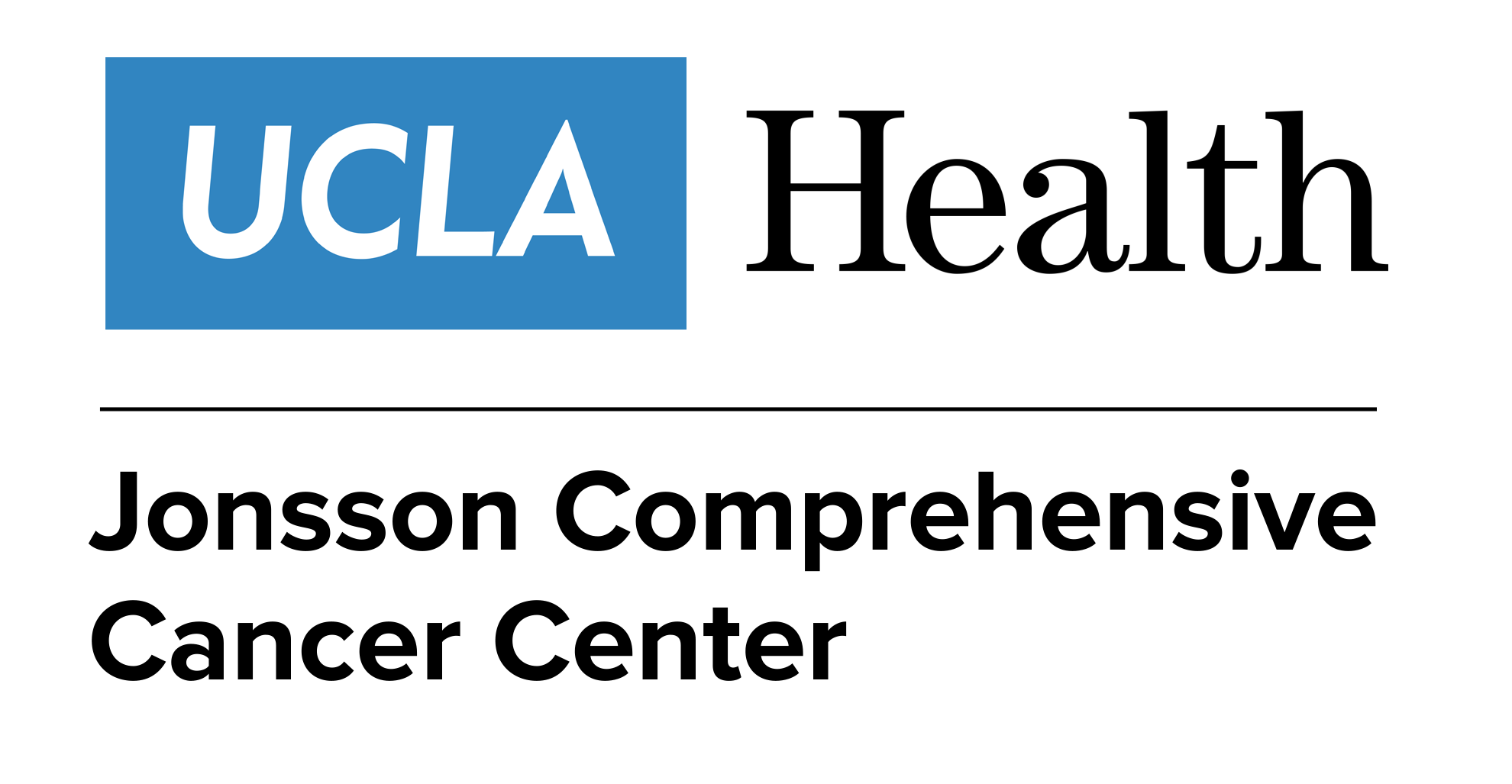- Advertise
- About OncLive
- Editorial Board
- MJH Life Sciences brands
- Contact Us
- Privacy
- Terms & Conditions
- Do Not Sell My Information
2 Clarke Drive
Suite 100
Cranbury, NJ 08512
© 2025 MJH Life Sciences™ and OncLive - Clinical Oncology News, Cancer Expert Insights. All rights reserved.
Dr Singer on Choosing Between Frontline IO/IO and IO/TKI Regimens in RCC
Adam E. Singer, MD, PhD, discusses factors that inform the choice between IO/IO and IO/TKI regimens for patients with renal cell carcinoma.
“The way I often discuss [the choice between an IO/IO and IO/TKI regimen] with my patients [presents the choice as] a bit of a gamble. If [they are] willing to accept a higher risk and [the treatment] doesn’t work, [they] may, on the back end, get a higher chance that it works for a very long time.”
Adam E. Singer, MD, PhD, health sciences clinical instructor, medicine, division lead, Kidney Cancer, Division of Hematology/Oncology, UCLA Health, discusses factors that inform the choice between immune-oncology (IO)/IO and IO/TKI regimens for patients with renal cell carcinoma (RCC).
The frontline combination of ipilimumab (Yervoy) and nivolumab (Opdivo) is a unique treatment approach in RCC due to its lack of a TKI, Singer begins. Although response rates and progression-free survival (PFS) outcomes with this IO/IO regimen are generally lower than those seen with IO/TKI combinations in RCC, ipilimumab and nivolumab is associated with long-term responses that may exceed those observed with IO/TKI regimens, he says. Outcomes with IO/IO therapy in RCC resemble those seen with immunotherapy in other malignancies, such as melanoma, he notes.
IO/TKI regimens also generate favorable PFS outcomes, but the durability of responses seen with these regimens is shorter than that seen with ipilimumab plus nivolumab, Singer explains. Moreover, the dual IO regimen is associated with a higher rate of primary progression compared with IO/TKI regimens, he states. Patients and their oncologists must therefore weigh the increased risk of early progression against the potential for prolonged responses, according to Singer. Currently, no methods exist to predict which patients will benefit from the long-term effects of a dual IO treatment approach, he adds.
Importantly, ipilimumab plus nivolumab has demonstrated efficacy in patients with sarcomatoid RCC, including clear cell RCC with a high percentage of sarcomatoid features, Singer continues. Sarcomatoid features are predictive of favorable responses to immunotherapy, making ipilimumab plus nivolumab the preferred treatment option over IO/TKI combinations in this patient subgroup, he concludes.


